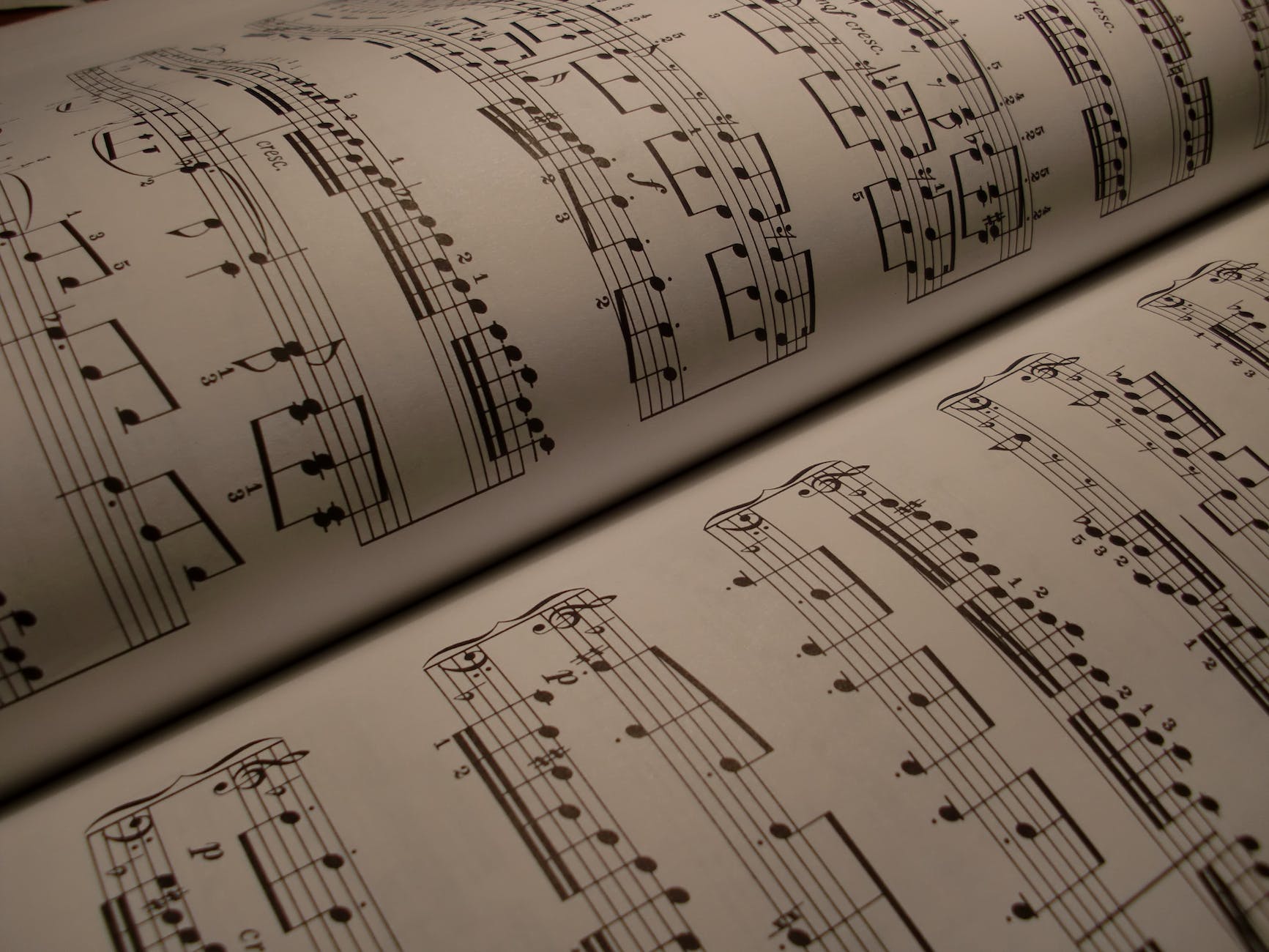And I did, many times. That doesn’t mean I always succeeded after I failed, but whenever I succeeded it never came without failure before. That said…
A New Paradigm for Music Makers
In an industry that’s constantly evolving, The Crow Hill Company emerges as a breath of fresh air. While still in its early stages, the platform promises an ever-growing collection of free professional resources for music makers. But what sets it apart is its philosophy: it aims to be a “love letter to music makers.” This isn’t just a repository of tools; it’s a community, a support system, and most importantly, a philosophy that values the process as much as the product.
What’s in the Vault?
While the company is tight-lipped about upcoming content, they’ve teased that it’s something they’re “incredibly reluctant to share,” which only adds to the intrigue. Given the secrecy, one can only speculate about the revolutionary tools and resources that might be in store for members.
The Maestro Behind the Mission
Christian Henson is a name that commands respect in the world of music composition. With a career that boasts multiple nominations and awards, he’s a versatile talent who’s worked on everything from TV shows to epic sci-fi films. But what truly sets him apart is his unique, self-taught approach to working with the orchestra, a skill honed through collaborations with a diverse range of artists.
The Spitfire Legacy
Before The Crow Hill Company, Henson made waves with Spitfire Audio, a company that provides essential tools for composers. Spitfire developed a cult following and became a significant supporter of the music industry. This experience undoubtedly informs his new venture, bringing a level of expertise and credibility that’s hard to match.
The Importance of Failure: A Lesson in Resilience
In a recent video, Christian Henson tackles a subject that’s often swept under the rug: failure. But he doesn’t just talk about it; he embraces it as an essential part of the creative process. The video serves as a manifesto for all creatives, urging them to see failure not as a setback but as a stepping stone.
Why We Need to Fail to Succeed
Henson argues that success is often the byproduct of a series of failures. These failures, or “fluff ups” as he calls them, are not just obstacles but valuable lessons. He stresses the importance of repurposing these failures into lessons that can guide future endeavors. This philosophy aligns perfectly with the mission of The Crow Hill Company, making the platform not just a resource hub but a support system for creatives.
The Symbiosis of Philosophy and Practice
What makes The Crow Hill Company and Christian Henson’s message so compelling is the seamless integration of philosophy and practice. They don’t just provide the tools for success; they equip you with the mindset needed to use those tools effectively. This dual approach ensures that you’re not just technically proficient but also emotionally and philosophically equipped to navigate the complex landscape of creative work.
A New Era for Music Makers?
The Crow Hill Company, backed by the wisdom and experience of Christian Henson, promises to be more than just another platform for music makers. It’s a philosophy, a community, and a treasure trove of resources rolled into one. As someone with over 30 years of experience in the music industry, I can say that this is exactly the kind of holistic approach that can redefine how we think about music production.
Are you ready to embrace failure as the ultimate teacher?
Watch this:

